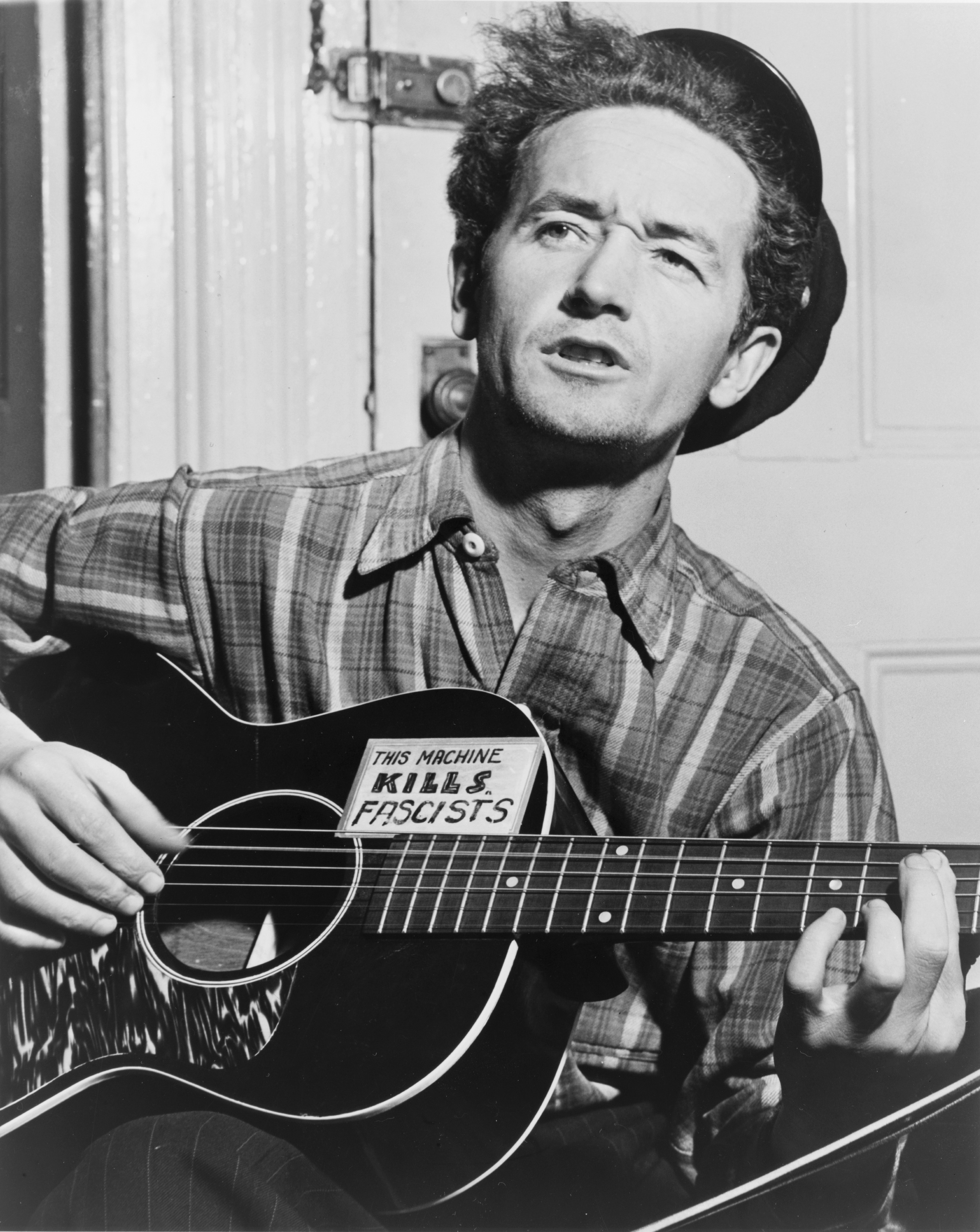The Pope has said the wall is unkind, but it’s interesting that at the Vatican there’s a wall. The wall is 30feet high and basically impenetrable. I challenge any outsider to get inside without some major credentials. I am not defending Trump’s decision to build the wall, but I am a little annoyed at the hypocrisy on both sides of the argument and the current bias of the media against this president.
I know Trump has his flaws, but I am very much in line with a couple of guys I have met over the years: Clint Eastwood – The conservative director voiced his support of Trump before the 2016 election, telling Esquire that he appreciated Trump’s tendency to “[say] what’s on his mind,” in a time when “everybody’s getting tired of political correctness.”
Kid Rock – Kid Rock showed his support for the presidential hopeful in a 2016 interview with Rolling Stone saying that he’s “digging Trump.” He also added: “Let the —— business guy run it like a —— business. And his campaign has been entertaining as —-.”
The nature of politics is, like music, rooted in conflict and harmony. Compromise is also the heart of the political process, trying to find common ground and consensus solutions to problems of society through open communication. Both seek to inspire their targets, and both have made great use of the other to advance their ideas.
The relationship between music and politics has existed for centuries, sometimes harmoniously, and other times not as much. Historical records are full of examples of songs that laud the achievements of nations, dating all the way back to ancient Egypt. On the other hand, however, songwriters have turned to their craft when confronted with social and political unjustness, and give birth to songs that seek to shine a light on the perceived inequities of the day. From protest songs to voter campaigns, campaign rallies to musical endorsements and musicians campaigning, there’s been no shortage of love between music and politics.
Woodie Guthrie was the true pioneer of the American musical protest movement. This Oklahoma born singer-songwriter-poet sang in a plain, dead pan drawl that perfectly captured the message he was speaking of fighting to keep America free. His guitar often spoke the words for him, with the words “This Machine Destroys Fascists” emblazoned across it. It was a powerful and prescient commentary on the ability music has to rally people to a cause, and Guthrie set a precedent many would follow on the years to come.
Before Guthrie’s rabble-rousing, popular music was very pro-establishment, pro-government and even pro-war. Though some singers like Billie Holiday managed to sneak issues of civil rights and institutionalized racism into the conversation through songs like “Strange Fruit,” those were rare occasions. For much of America’s history up to the early fifties, music was primarily a tool of patriotism. Our own national anthem features evocative imagery of war, bursting bombs and gallantly defended ramparts. Using uplifting arrangements and calls to national pride, many a man found himself standing in line at the recruitment office, as radio speakers called for them to join the fight “Over There.”
Most of the sixties saw America at war, and the music world was the symbolic centerpiece of an anti-establishment movement. The promise of the beginning of the decade was silenced by gunfire, and the effect that constant strife had on the psyche of the budding musicians across the nation was immeasurable. Voices were raised from every gender, every race asking for equality, freedom and peace. These songs made an unprecedented leap to the top of the charts, calling on the people of America to let go of their old ways; to learn and grow. Bob Dylan put it best in his classic “The Times They Are A Changin‘”
The tumult of the sixties was a direct result of a generation born from the returning soldiers of the second World War. The horrors endured by their parents turned them against the conflict, but after an entire decade of railing against the military industrial complex and unjust wars abroad, a sense of disillusionment came over the country and the era of the protest song slowly faded away. It’s no wonder that John Lennon’s “Give Peace A Chance” became such an anthem at the end of a difficult decade.
Back to the wall, maybe the underlying issue is to focus on making it a little easier to gain citizenship legally and welcome in some much-needed talent and fresh ideas that could really make this country great again – keeping the plain things the main things and the main things the plain things.

